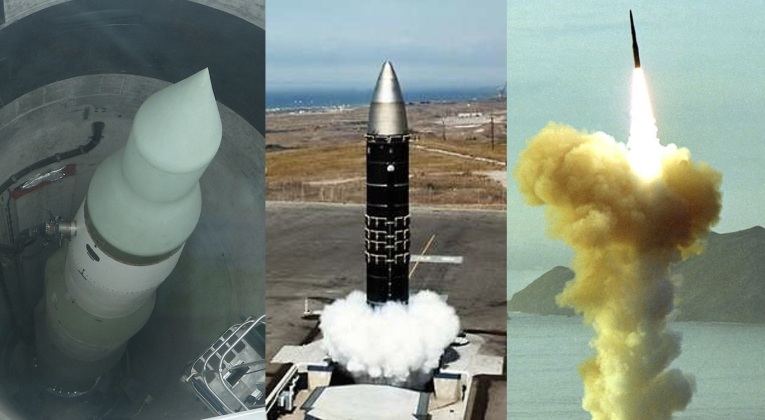On June 24, U.S. Air Force Col. Charles Clegg was relieved of his duties as director of the Sentinel intercontinental ballistic missile program. The Air Force said it had “lost confidence” in his abilities and said he “failed to follow organizational procedures.” . His firing comes as the program faces growing controversy, with the House Appropriations Committee saying it was “shocked to learn” of the significant increase in costs. However, the Air Force denies that the dismissals are “directly related” to issues raised in a recent congressional review of the program. Costs increased by more than 37% to an estimated $131 billion, while lawmakers provided only 91% of the program's funding request for the coming year, $3.4 billion instead of $3.74 billion. The Senate Armed Services Committee said in its fiscal year 2024 budget report that the program would be lengthy and complex, “involving real estate purchase, construction, deconstruction, equipment removal and installation, and nuclear certification.” Completion is still more than a decade away.

The current cost per missile is expected to be $162 million in 2020, compared with the original forecast of only $118 million, Air Force Assistant Secretary for Acquisition Andrew Hunter asserted on January 18 that this is because The initial cost estimate “failed to capture the sheer scale and scope of the launch facility and launch control construction work.” “The interesting thing about a once-in-a-century project is that there are a lot of things that are not taken into account. This is like the first time we're doing this,” he said. ” he added. Still, it is considered vital to complete the program, which uses the LGM-30 Minuteman III missile to replace the oldest missile deployed by any country in the world to date, which was produced between 1970 and 1978. There are broadly no other ICBM categories. However, cost overruns affecting the Sentinel program continue to prompt calls from civilian and military leadership to terminate the program, which would require a complete halt to ICBM deployment and a reduction of the strategic nuclear triad to only bombers and ballistic missile submarines. This could include diverting Sentinel funding to expand the fleet of upcoming B-21 bombers and Columbia-class ballistic missile submarines, although ground-based launchers are a more cost-effective means of strategic nuclear attack.


